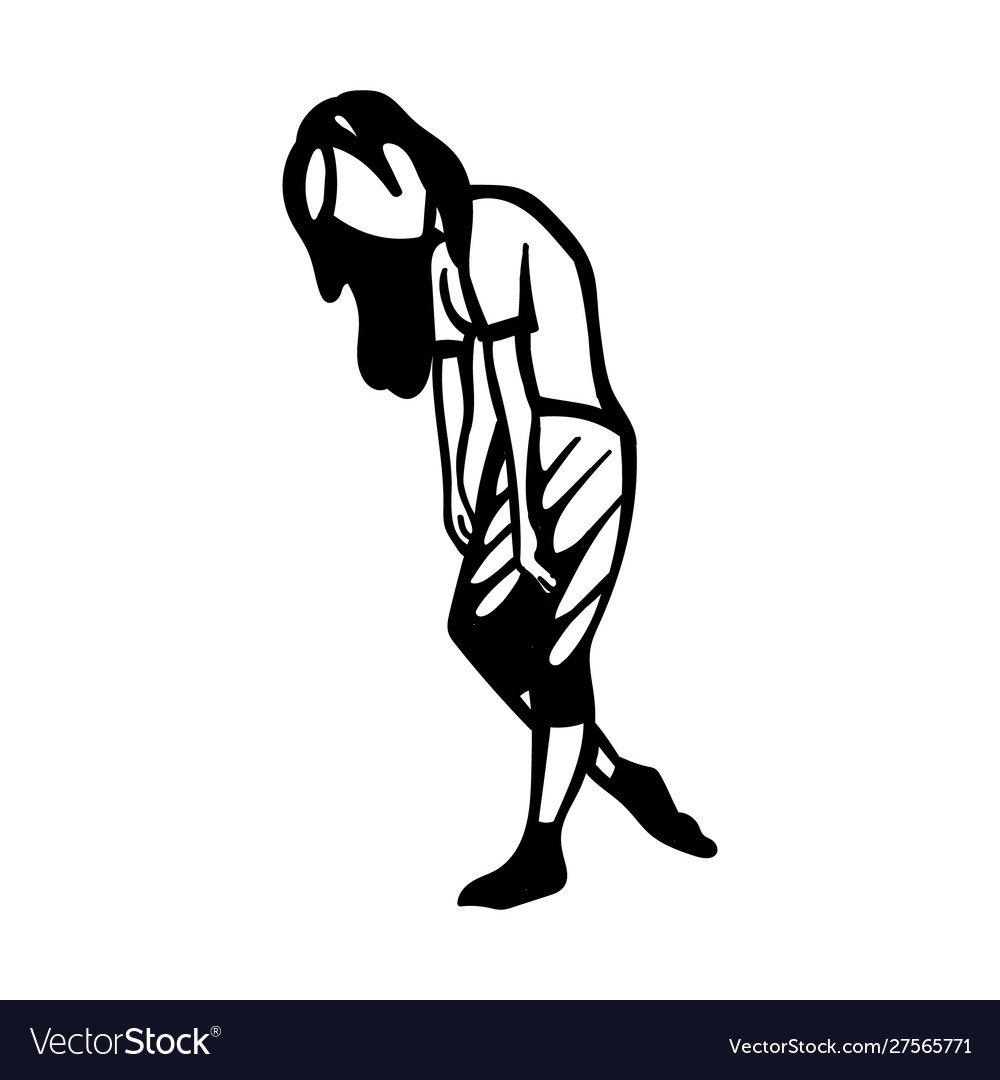A couple of years ago, at a meeting of an Alzheimer’s caregivers’ support group I lead, one topic dominated. Doris, who is caring for her mother, began:
“My mother trails me around the house all day long! So, every afternoon I lock myself in my bedroom for an hour just to get away from her.”
Doris said she leaves her mom a mug of tea and a plate of four cookies and then disappears.
“If I were a good daughter I wouldn’t mind being with her all day.” She paused, then went on in a low voice, “This job is much harder than I thought it would be. I feel so guilty because I’m doing a lousy job.”
Fred spoke up. “I’m doing a worse job. On Sunday we were driving to our son’s house half an hour away. My wife asked me over and over where we were going. Finally, I pulled to the side of the road and yelled at her, ‘Don’t ask me that again!’ So then she burst into tears and opened the door and tried to get out!”
“I had made things so much worse,” he added, his voice quavering.
“So then we arrive at our son’s house, and he can see his mother is upset. He lays into me, telling me—as he has before—that I have to be more patient. But he’s not with her all day every day!”
A door had been opened, and four more caregivers testified to the ubiquity of caregiver guilt. Elaine felt guilty for taking away her husband’s car keys; Bill, for going out to play bridge even though his wife can no longer play; Marilyn, caring for her father, for wishing it was all over; Paul, for placing his wife in assisted living.
None of these are offenses worthy of blame; they are all understandable. Why, then, do people caring for someone with dementia often feel so guilty?
One reason is that dementia caregiving is so demanding that anyone charged with it inevitably feels inadequate. One can almost never do enough.
When my mother, who had Alzheimer’s disease, was living with me, I remember telling a friend, “No matter how much I do, I feel I should be doing more.” And there was always more to do.
I had never felt so much guilt so often as I did then.
Caregiving entails taking responsibility for the well-being of another person—and, in the case of Alzheimer’s, a person who becomes less and less able to meet his or her own needs.
In his masterwork, Existential Psychotherapy (1980), psychiatrist Irvin D. Yalom writes, “Guilt is the dark shadow of responsibility.”
Nowhere is that more true than when the obligation is so all-encompassing that no one person can fully carry it out.
Dementia caregiver guilt is the dark shadow of that overwhelming responsibility.
To avoid being crushed under its weight if you are a dementia caregiver, you need to locate the boundaries of your responsibility. That means pruning away all the unrealistic expectations you have of yourself—or feel others have of you. Unachievable things, like make her happy; never get angry; always be patient; be the best caregiver ever.
You are bound to do some things as a care partner that make you feel guilty. Fred, we saw, lost patience and yelled at his wife. His action was not justified (in that his wife didn’t deserve it) but it was fully understandable and forgivable.
When Fred admitted his failing to the support group, he found that others not only understood, they spoke of having exploded in anger themselves at repeated questions. That helped him feel decidedly less guilty.
Fred already understood what had worn down his patience, causing him to erupt. He alluded to it when he said of his son, “He’s not with her all day every day.” He was ready to hear and accept the suggestion that he needed a regular break from the responsibility of being sole caregiver.
After she told us about her daily, one-hour escape from her mother, Doris too felt her guilt dissipate when the group understood and supported her. She was open to the suggestion that the standard she expected of herself—to want to be with her mother all day—was unrealistic.
That led the group to reflect on all the impossible standards they strove to meet, and how needless guilt is when it results from failing at the impossible.
My dear friend Lucy moved her two frail parents 350 miles to an apartment near her so she could oversee their care. She was quickly overwhelmed by all their needs. With anguish, she told me, “I don’t feel I love them anymore.”
Care partners are often ashamed of the feelings they have at times about the enormous responsibility they have undertaken.
Like Marilyn, caring for her father, many weary care partners secretly wish this episode in their lives would come to an end. It is a normal feeling when you are caught—without much control—in such a trying situation. Again, it was the group’s response of, “Me too!” that relieved Marilyn of self-blame.
Yet during the years I cared for my mother at home, as many times as I dreaded going through another day of it, I dreaded even more what the future held.
I knew I would eventually have to put her in a nursing home.
It felt like a crime I was doomed to commit.
And, indeed, it was Paul’s guilt over placing his wife in a care home that the group reflected on most solemnly because of their dread of that moment in their own lives.
Giving up care at home is the point at which the weight of responsibility for your loved one’s well-being weighs most heavily upon you and throws the darkest shadow of guilt.
We were able to reassure Paul by commending him for the care he took in choosing the best place, and by reminding him how precarious it had become to keep his wife at home.
I told him how my feelings for my mother changed after I was relieved of the difficult, day-to-day care. Tenderness came rushing back, and I was able to be the loving daughter no one else could be. I asked him if he had experienced anything like that yet with his wife. He acknowledged that he had but said his feelings were still tinged with guilt. It takes time for that to fade.
Caregivers, beware if once you are rested and out of the hot seat, you begin to imagine that you could have or should have done a much better job while you had your loved one at home. You will have forgotten how exhausting it is. And you will have gone back to unrealistic expectations.
Don’t judge yourself against the best care possible. It doesn’t exist in the real world.
Ask yourself only if you did the best you could, given all the circumstances. All the circumstances. If you sincerely tried, that’s what matters.
Maggie Sullivan has come to know Alzheimer’s intimately. She was caregiver and advocate during the eight years her mother lived with the disease. For the past 30 years, she has facilitated caregiver support groups for the Alzheimer’s Association, learning from the experience of more than 300 members of those groups. The opinions she expresses here are her own. Maggie is also a writer whose essays and articles have appeared in the New York Times and elsewhere.



